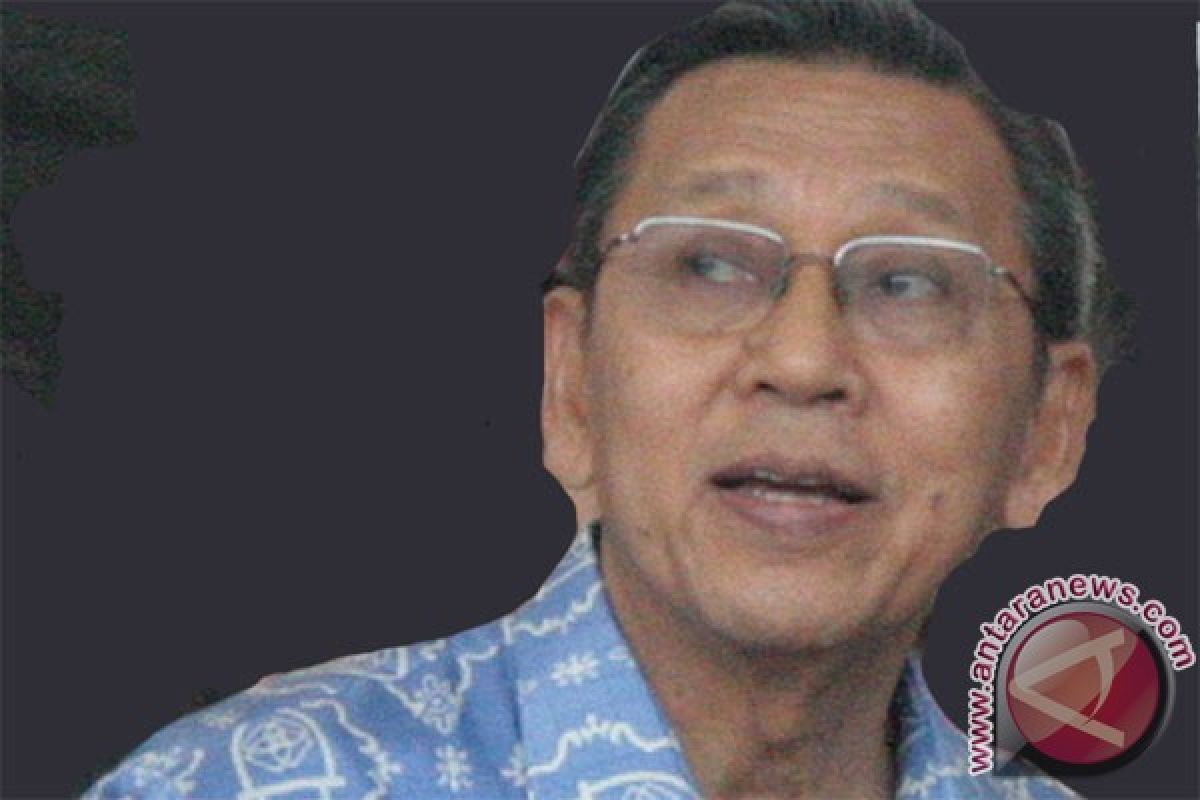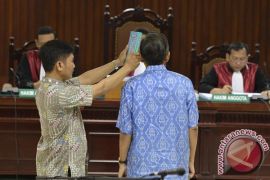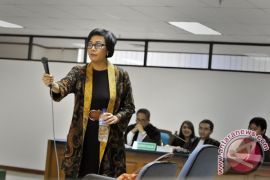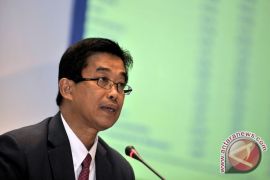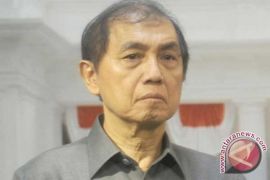Boediono made the remark here on Friday when he, as the former central Bank Indonesia governor, gave a testimony at the trial of former Bank Indonesia governor Budi Mulia in connection with an alleged corruption case linked to the Century Bank bailout in 2008.
"During the meeting in November 2008, there were discussions that although the documentation was incomplete, yet the FPJP was disbursed. Is the extension of FPJP against the law because documents are not complete?" claimed prosecutor Pulung Rindandoro.
"I do not know whether or not it violates the law. What was reported on November 20 was how to improve documentation for the disbursement. I completely understand the sense of urgency faced by executors as unless funds were available in the morning the bank would be closed and it could cause a bank run," Boediono pointed out.
According to Budi Mulias charges, the FPJP had been disbursed in three stages: on November 14, 2008 worth Rp356.813 billion and later on November 17, 2009 worth Rp145.26 billion, and November 18, 2008 worth Rp502.703 billion, reaching a grand total of Rp689.394 billion.
The FPJP was given after Bank Indonesia changed the BI regulation (PBI) Number 10/26/PBI/2008 to Number 10/30/PBI/2008 to meet the requirement for FPJP extension and make the recipient banks capital adequacy ratio positive while no check had been made on credit asset documents that were to be used as collaterals by the debtors.
"Is it alright to ignore the regulation", Pulung questioned.
"I am not in the position (to confirm it), but the situation at that time was very urgent and, we had to decide between whether to close the bank to later cause a run or to complete the documentation later. During a crisis, the most important thing is public confidence," Boediono replied.
When asked if the situation in 2008-2009 was the same as in 1998-1999, Boediono stated that it was almost the same.
"In this field, I have held various government positions for the last 30 years. I was convinced that if it was not done then a situation like in 1997-1998 would have really happened, and the cost would be very huge, not just for the bank but also in social and political terms," Boediono reiterated.
"In view of economic globalization, what happens in one corner of the world would affect the situation in other parts in the world in mere hours and in case of a financial matter, it can happen faster. In October-November, Indonesia was going through a financial crisis," Boediono remarked in connection with the 2008 crisis.
When asked why the emergency funding facility (FPD) was not used to deal with the crisis instead of the FPJP that used the national budget, Boediono answered that the FPD was not yet operational at that time.
"During the teleconference held on November 13, 2008, the finance minister (Sri Mulyani) also said that the facility was not yet ready. So what should we do? Actually, a crisis is like a natural disaster that requires emergency response and that was what we had done. A crisis must be handled using extraordinary steps," he emphasized.
"The government has never announced that in 2008 the country was facing a financial crisis," Roni claimed.
"I personally did not remember, but the clearest announcement about it was the issuance of the government regulation in lieu of the law (Perppu) because Perppu was only created to deal with emergency situations," Boediono replied.
"But how could we explain that crisis had happened because in its consideration the Perppu did not mention the crisis," Roni pointed out.
"I am not a legal expert. I am an economist. But, if the Perppu mentioned that crisis had happened then the people would certainly panic. But, in October, as I have said crisis had already happened. If what happened then was not a crisis then I did not know what it was. In 1998, it was no longer a crisis, but a chaos," Boediono remarked.
"But the PBI had been changed quickly, while Bank Indonesias internal and external circulars were also made on the same day and at night, the first FPJP was disbursed. How urgent was the situation?" Roni questioned.
"The situation was really urgent. If one bank collapsed and Century Bank could be the one, a bank run certainly would have occurred like in 1998," Boediono pointed out.
"In Bank Indonesia, authorities and responsibilities are distributed. There are areas in which the board of governors would make the decision, such as with regard to PBI change, but implementation is referred to the concerned deputy governors and directors," Boediono stated when asked about who has the highest authority to approve FPJP extension.
"Which deputy deals with FPJP?" Roni questioned.
"Three deputies are involved: deputy for monetary management held by Budi Mulia, for credit held by Budi Rochadi, and bank supervision held by Fafriah," Boediono replied.
"And who approves FPJP?" Roni asked.
"What the board of governors meeting decided was a PBI change. Discussion had happened on what we were facing, but there were also other problems discussed in the meeting that lasted until the wee hours of the morning, such as the possibility of other banks in the same situation and that was what was used as the basis for changing the PBI, as we wished a regulation would be available to assure liquidity supply for banks facing liquidity problems during a crisis," Boediono added.
reporting by desca lidya natalia
(D017/H-YH/INE/A014)
EDITED BY INE
(KR-BSR/A014)
Editor: Jafar M Sidik
Copyright © ANTARA 2014
